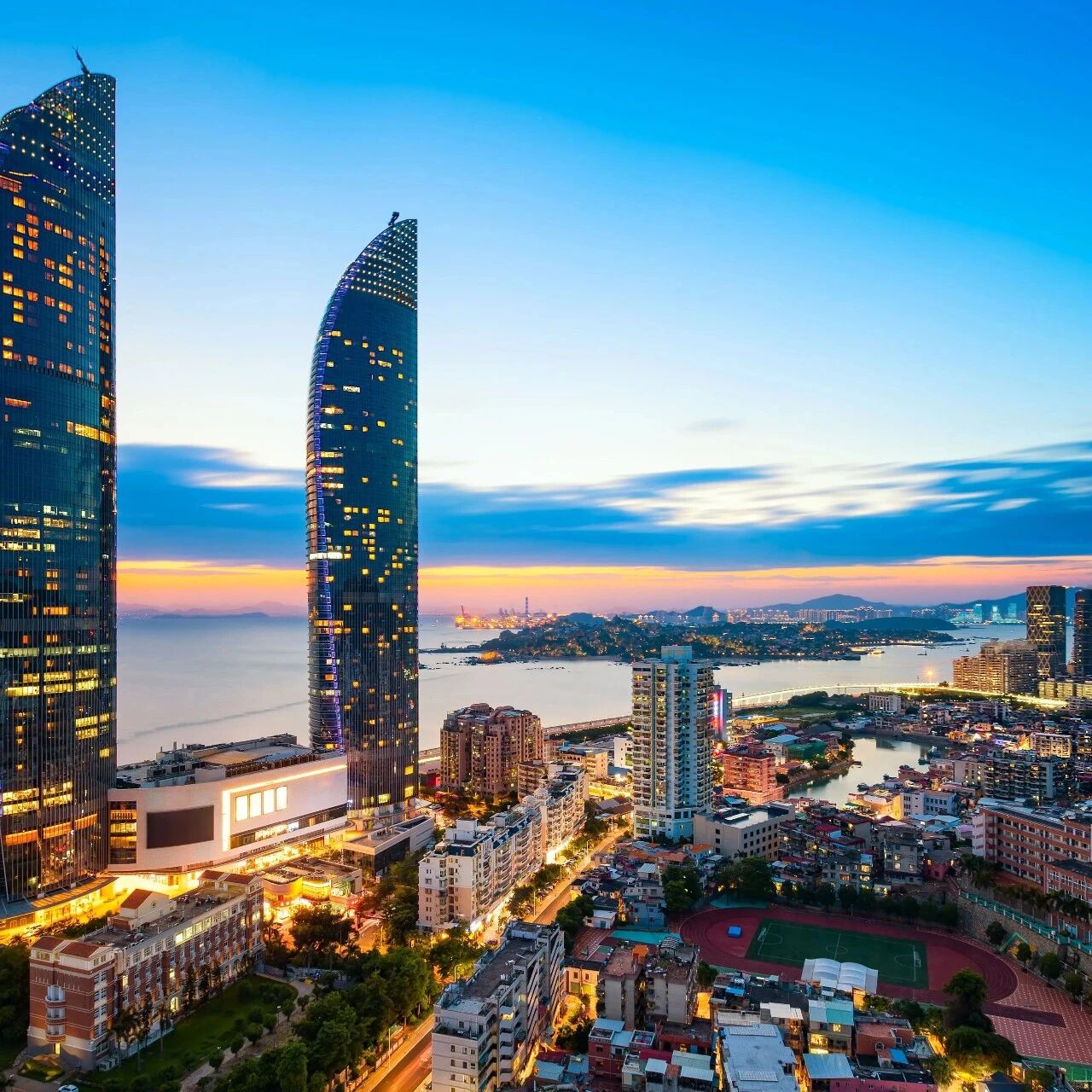Nutrition Tips for Swimmers: What You Need to Know (Part 2)
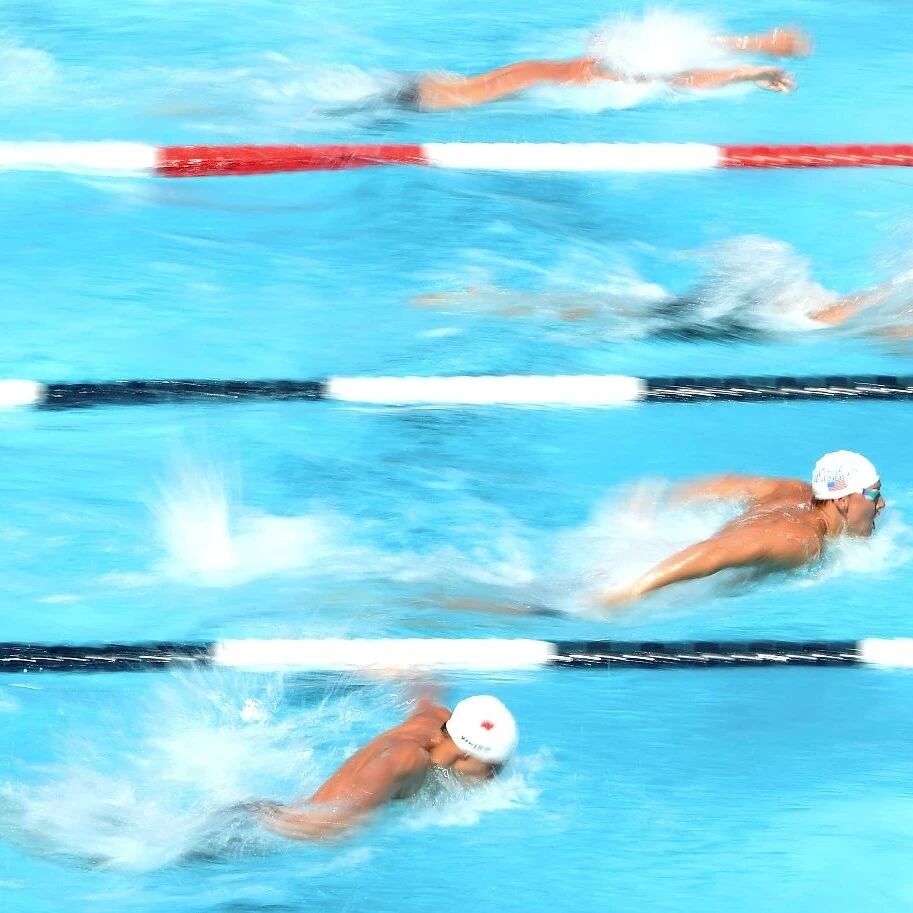
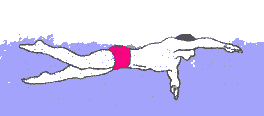

Complex carbohydrates contain more nutrients and fiber, have a larger molecular structure than simple carbs, digest more slowly, provide a steadier release of energy, and help maintain stable blood sugar levels. The following foods are rich in complex carbohydrates:OatmealBrown riceSweet potato or white potato with skin100%Whole wheatBread and pastaPomeloAppleBananaBlueberryAndMelon.
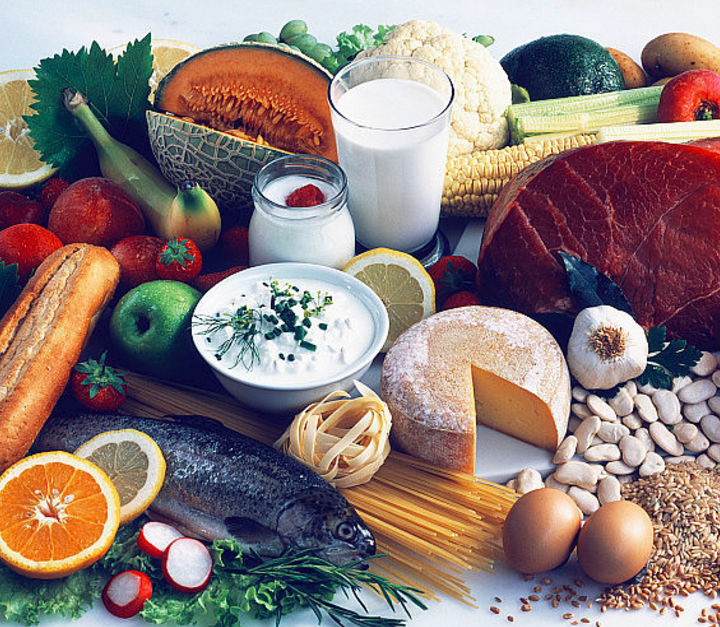
What to eat for breakfast before training or a competition
Even if you feel too tired or stressed to eat, you still need to, even if it’s just a small bite. Eating breakfast kickstarts your metabolism, helping your body prepare for the day’s activities—while also boosting performance and enhancing the effectiveness of your workouts.
Eat light, easily digestible foods such as cereal, oatmeal, bananas, toast, fresh fruit, or yogurt. If you really don’t feel like eating in the morning, the Australian Sports Dietitians Association recommends opting for liquid meals, like milk-based drinks in Tetra Pak packaging.Bag(Tetra Pak is a multi-layered packaging, commonly used for beverages.The milk in the packaging box is a Tetra Pak product.Pack)OrMilkshake(A mixture of milk, fruit, and ice cubes)
What to eat before a competition or training session
SwimmingAthleteBefore training or competition2~4You should have eaten a high-carbohydrate meal a few hours ago. This meal should be low in fiber and low in fat. For example, milk-based oatmeal,Fresh fruit or oatmeal topped with bananas and cinnamon.While swimmingSwimmingPrevious1~2HoursFollow up with some snacks, such as fresh fruit.
AtDuring the break in the matchWhat to eat
SwimmingAthleteAtThe matchGapBe mindful of your diet and hydration to aid recovery and prevent dehydration. If the race intervals are less than an hour, opt for light, easily digestible snacks. Australian sports nutritionists recommend options like fruit juice, small pouches of yogurt, and bite-sized pieces of fresh fruit. If there’s a break of more than two hours between races, you can refuel with foods such as pasta, sandwiches (made with whole-grain or multigrain bread and organic meat), or sushi. Don’t forget to bring along a cooler box to keep your energy-boosting snacks handy at all times!
What to eat after training and competition
Swimming after training or competitionAthletes should eat as soon as possible to replenish their energy.The food you eat should include carbohydrates.(to provide energy) and protein (to support muscle repair and growth)You must also drink water to keep your body hydrated. Carbohydrate-containingFoodIncluding fruitsMilkshakeYogurt fruit platter, fresh fruits, or toast with jelly (or banana and peanut butter);Protein-rich foods include whole-wheat pita and hummus.White Meat SandwichChocolate milk (proteins and calcium help strengthen bones and provide muscles with amino acids)Tuna SaladEggsNutsEdamameMilkshakeAndFried eggRolled or fried egg
Put the aboveIncorporate these nutrition tips into your diet, and you’ll swim faster—and for longer. Don’t underestimate the role of your swimming nutrition; it’s just as crucial as the time you spend in the pool. (End)
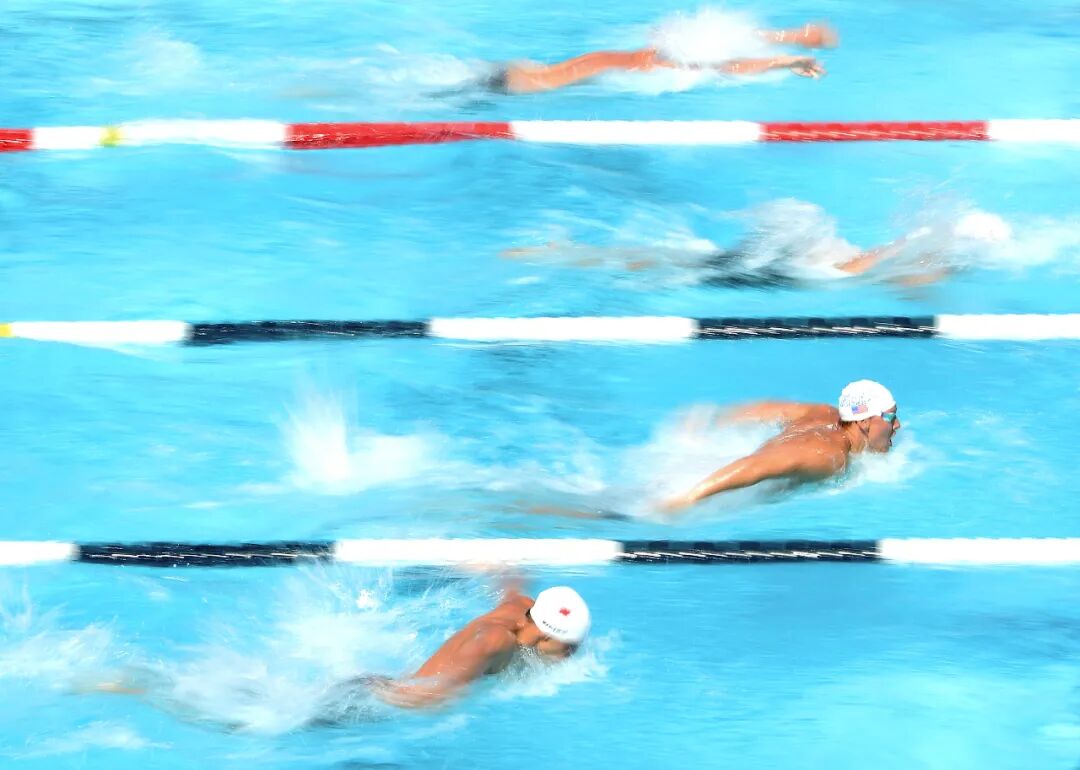

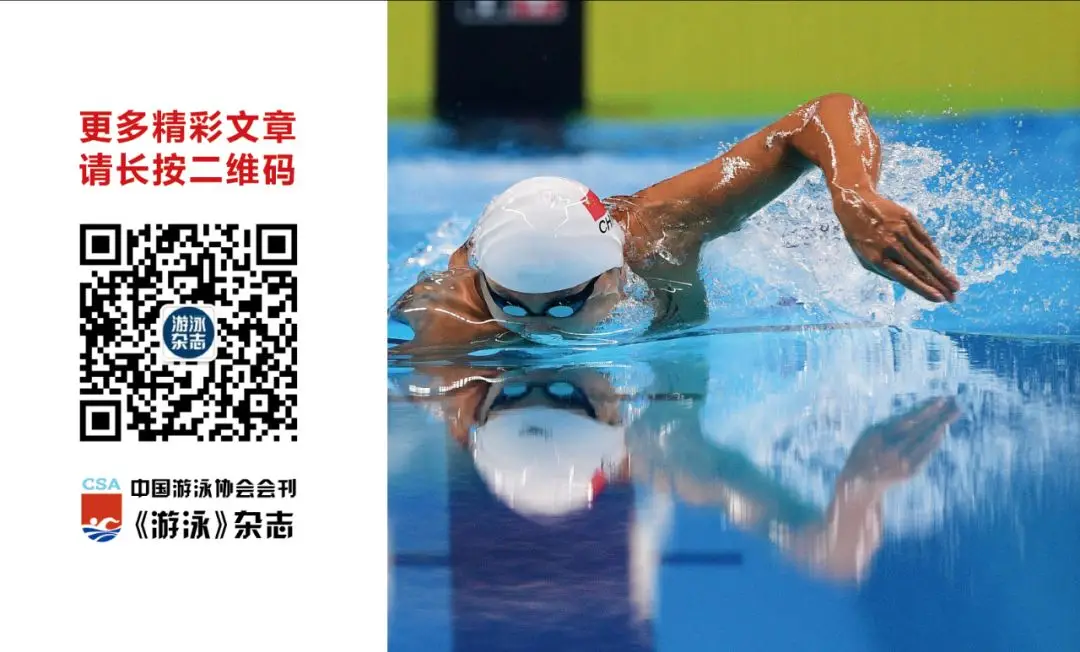
Related Articles

Yao Ming appears in Shenzhen to launch the "One Hour of Screen-Free Time Every Day" initiative: advocating for a balanced online-and-offline lifestyle.
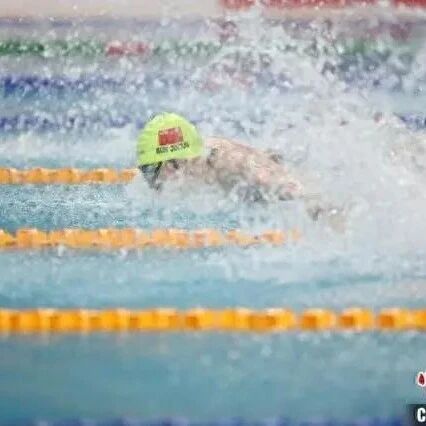
Day 1 Results from the National Spring Swimming Championships: Sun Jiajun Claims Gold in the 100m Butterfly
